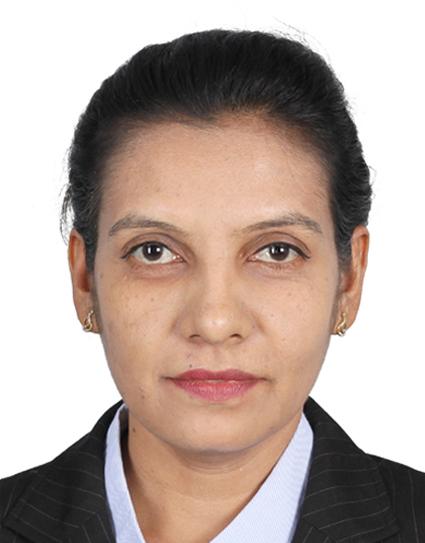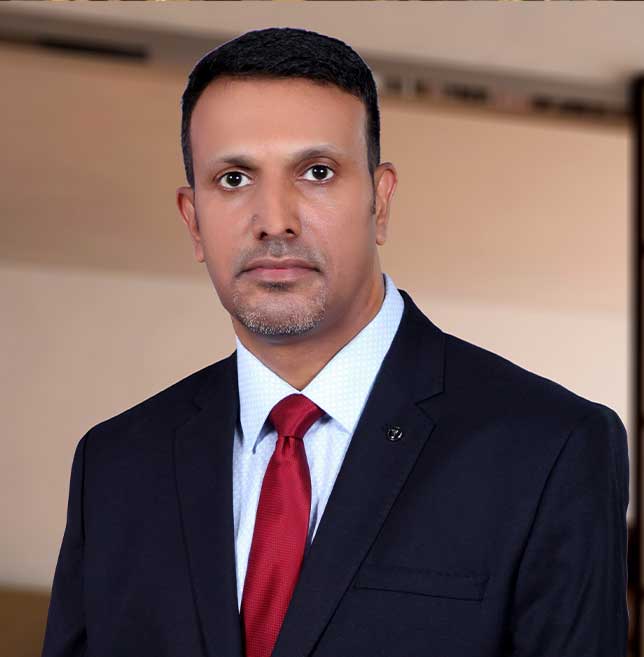Project Description
This agroforestry project is located in Kabwafu in the Mzimba region of Malawi and involves
plantations of Eucalyptus and native Miombo species (woodland species) undertaken by a
farmers’ trust on an area of approximately 1,000 Ha. The efforts of 2,100 farmers will lead to an
estimated annual emission removal of 4,500 tCO2e. There will be farmer managed natural
regeneration activities coupled with agroforestry practices. Intercropping practices will be
implemented alongside the woodland species, while the eucalyptus plantations will be standing
woodlots.
The problem
One of the key factors in the decline of Malawi’s forests are intensive wood extraction. About 90 percent of the country’s total energy need is provided by biomass. Moreover, the productivity of Miombo woodlands is generally low. At current levels of demand, wood harvest rates far exceed sustainable yield. However, the misconception that there is a lack of good commercial timber species has resulted in the absence of effective forest management systems.
One of the key factors in the decline of Malawi’s forests are intensive wood extraction. About 90 percent of the country’s total energy need is provided by biomass. Moreover, the productivity of Miombo woodlands is generally low. At current levels of demand, wood harvest rates far exceed sustainable yield. However, the misconception that there is a lack of good commercial timber species has resulted in the absence of effective forest management systems.
The solution
The project’s primary goal is to revitalise the damaged land through plantation and reforestation work. With the support of small-scale farmers, the project will turn unproductive and degraded areas into agroforestry land. Farmers are the primary participants in this project activity. They are trained, and their knowledge updated in order to manage the forest and decrease soil erosion in the area. Training and education of the farmers is key to the success of this project. By making farmers aware of climate change and mitigation techniques their longterm livelihoods can be protected and enhanced.
The project’s primary goal is to revitalise the damaged land through plantation and reforestation work. With the support of small-scale farmers, the project will turn unproductive and degraded areas into agroforestry land. Farmers are the primary participants in this project activity. They are trained, and their knowledge updated in order to manage the forest and decrease soil erosion in the area. Training and education of the farmers is key to the success of this project. By making farmers aware of climate change and mitigation techniques their longterm livelihoods can be protected and enhanced.
Helping the planet
This project will improve the degraded landscape of Malawi where unsustainable agricultural practices are the second highest cause of GHG emissions. Diverse cropping and inclusion of native species will replenish soil nutrition, improve soil carbon capacity and increase biodiversity. This integrated landscape management approach will not only strengthen the local ecosystem but make it resilient to the effects of climate change.
This project will improve the degraded landscape of Malawi where unsustainable agricultural practices are the second highest cause of GHG emissions. Diverse cropping and inclusion of native species will replenish soil nutrition, improve soil carbon capacity and increase biodiversity. This integrated landscape management approach will not only strengthen the local ecosystem but make it resilient to the effects of climate change.
Helping the people
Through the improved agricultural practices and the benefit sharing mechanism the livelihoods of the farmers will be improved. The communities are the major benefactors in this project and the revenues through the sale of the generated carbon credits will contribute to infrastructure development.
Through the improved agricultural practices and the benefit sharing mechanism the livelihoods of the farmers will be improved. The communities are the major benefactors in this project and the revenues through the sale of the generated carbon credits will contribute to infrastructure development.
Project Timeline
Listing: Q4 2022
Registration : Q3 2023
Verification : Q2 2024
Issuance: Q3 2024
Impact
This project will improve the degraded landscape of Malawi where unsustainable agricultural practices are the 2nd leading cause of GHG emissions. Diverse cropping and inclusion of native species will replenish soil nutrition and improve soil carbon capacity. This integrated landscape management will thus not only strengthen the local ecosystem and make it resilient to the effects of climate change, but through the practices and the benefit sharing mechanism, improve the livelihoods of the farmers too. The farmers are the major benefactors in this project and the revenues through the carbon credits will contribute to the infrastructure development.
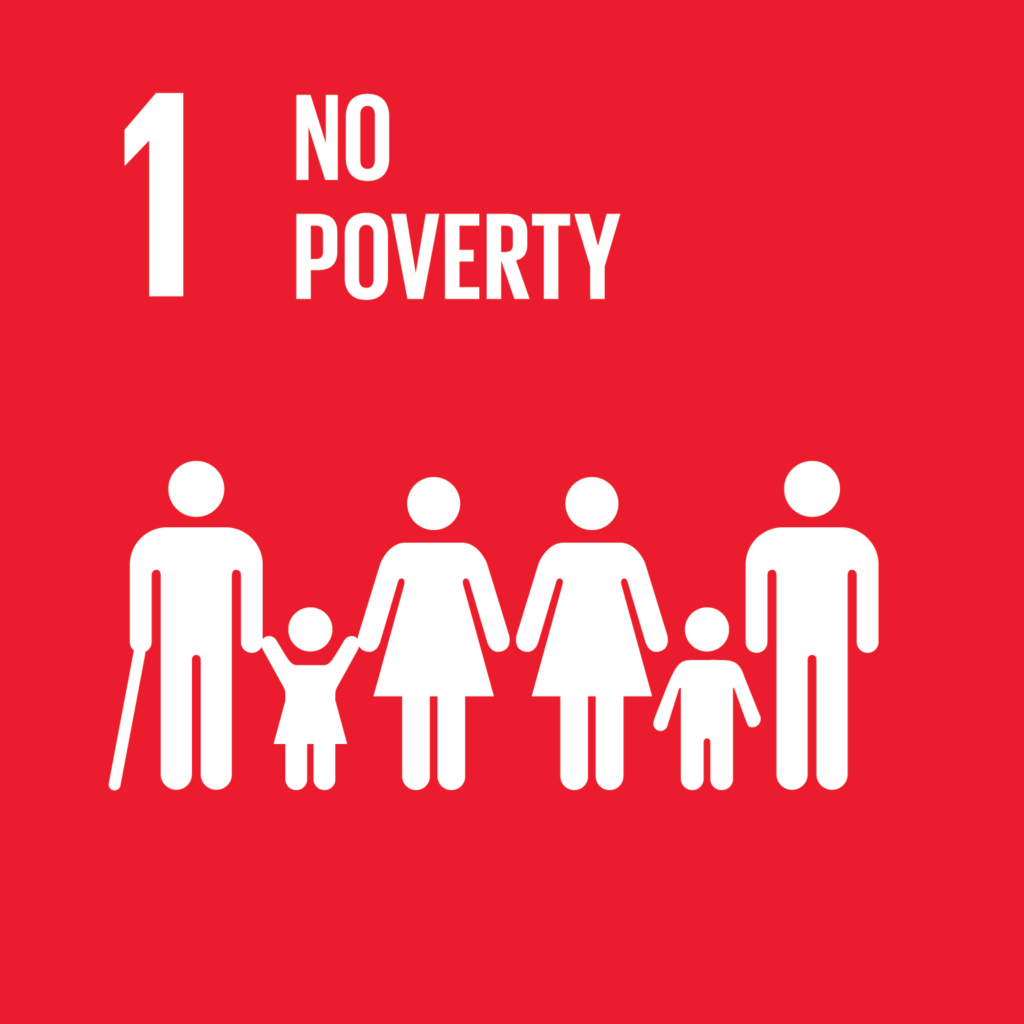
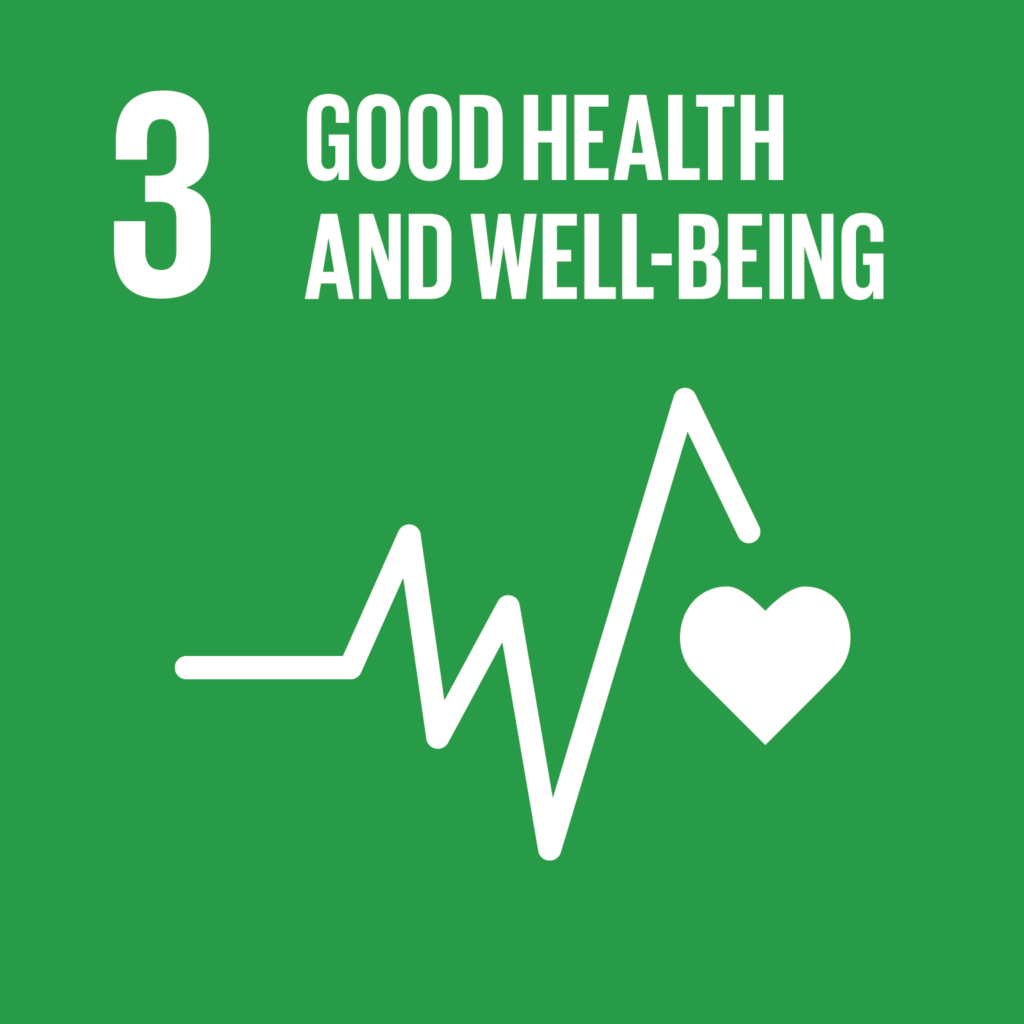
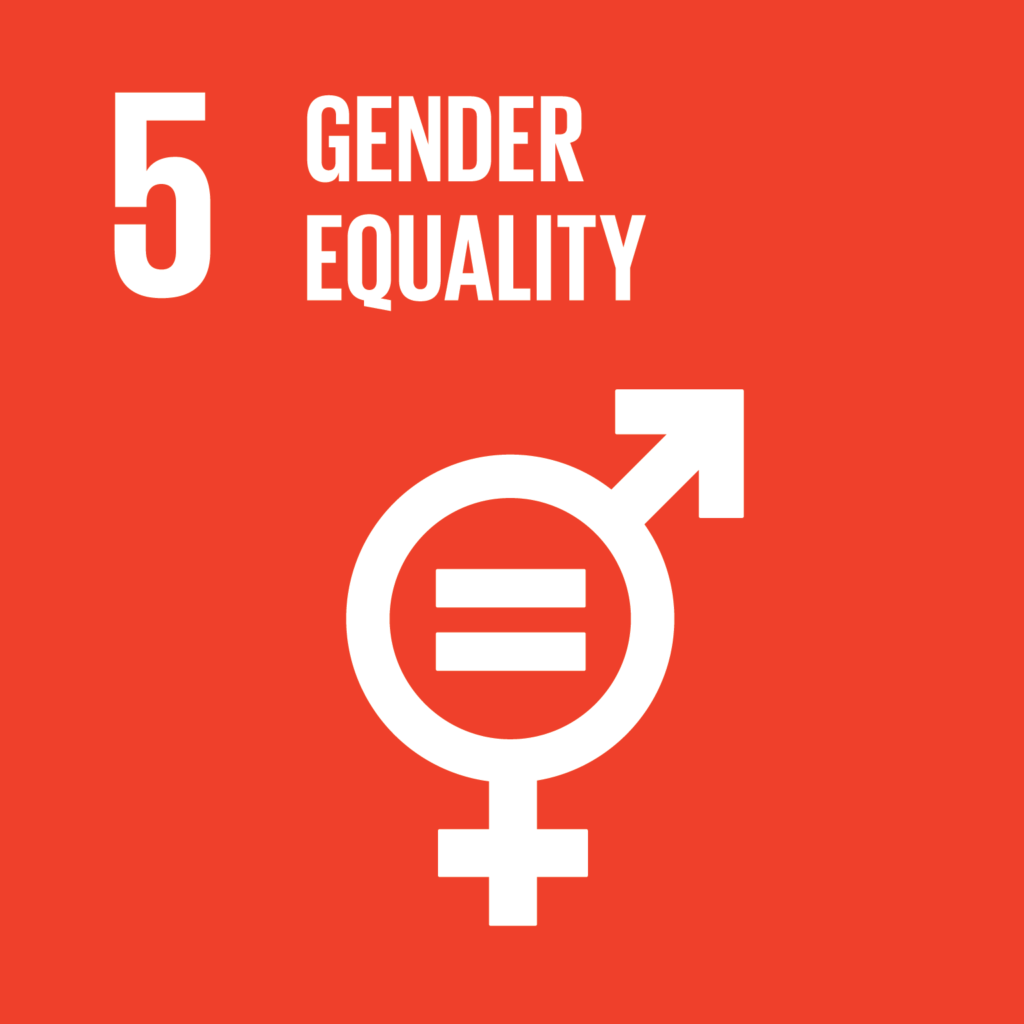
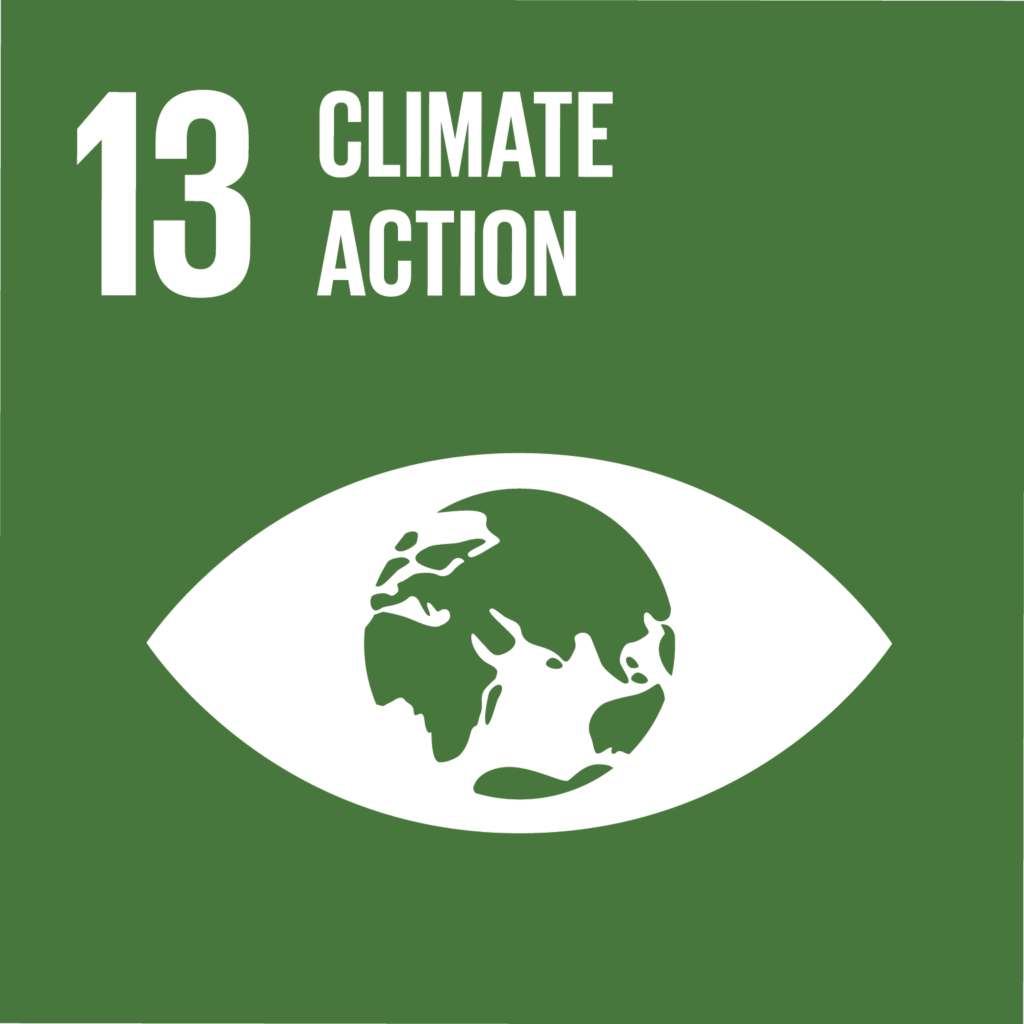
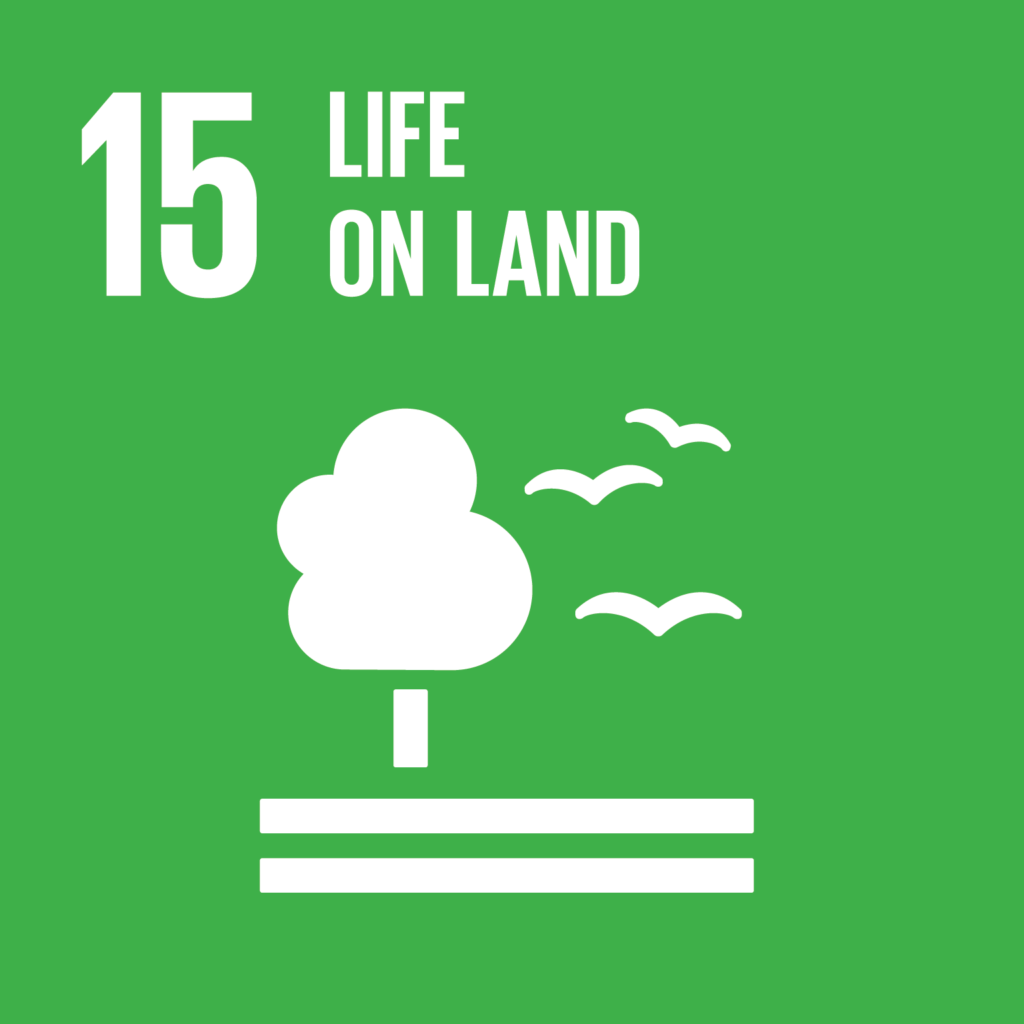
Map
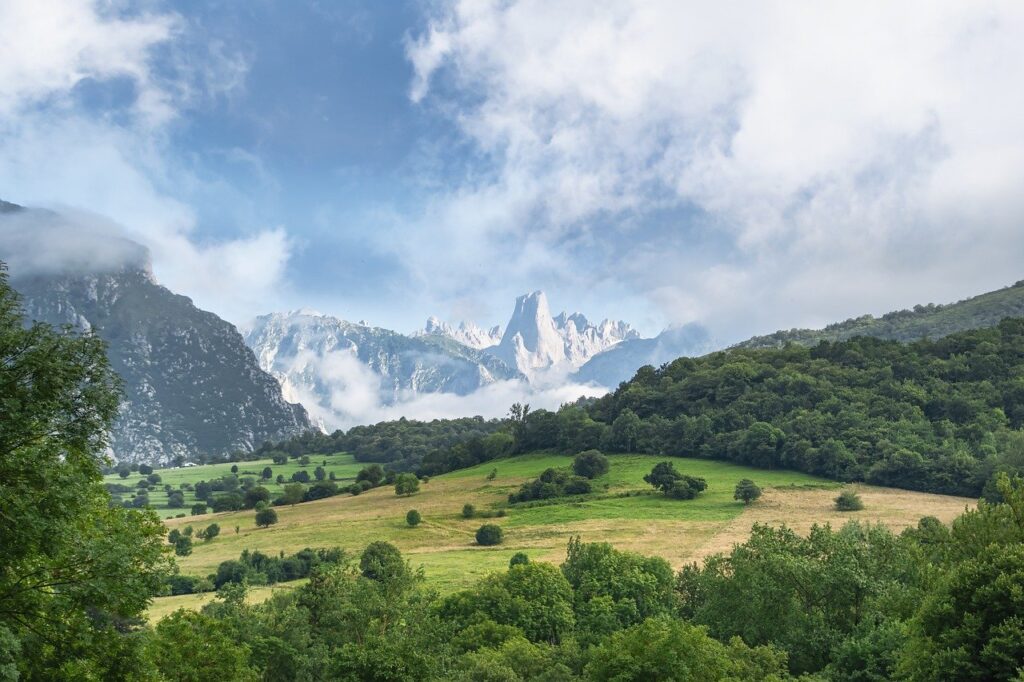

Location
Mzimba, Malawi

Project Area
1000 Hectares

Annual Emission Reduction Estimation
4,500 tCO2e

Project Status
Under Development on VERRA







